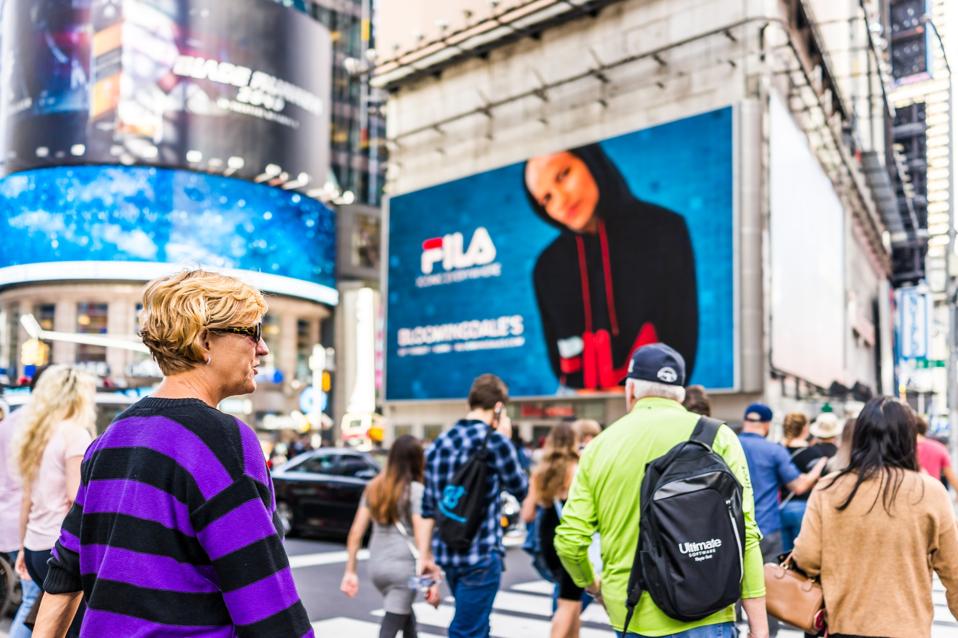Shares in Puma have soared today after reports that Chinese sports apparel firm Anta Sports Products is among Asian firms exploring a potential takeover of the German sports company.
Hong Kong-listed Anta has been working with an adviser to evaluate a bid for Puma, according to Bloomberg and could potentially team up with a private equity firm.
Puma shares surged nearly 15% in early Frankfurt trading, although they are still down by over half their value in the year to date. Other potential bidders could include rival Chinese apparel firm Li Ning Co., named after the legendary gymnast who founded the company, and Japan’s Asics Corp.
Anta owns brands including Fila and Jack Wolfskin and its shares have gained around 10% in Hong Kong trading this year, giving the company a market value of $31 billion. Previously, an Anta-led consortium, which also included Asian buyout firm FountainVest Partners, paid $5.2 billion in 2019 to acquire Amer Sports, the owner of brands including Salomon and Arc’teryx.
Amer then held an initial public offering in New York last year, with Anta retaing a stake as its biggest investor.
The valuation expectations of Puma’s biggest shareholder, France’s wealthy Pinault family which owns 29% of the business through its Artémis holding company, could come into play for any transaction, with the company’s market value prior to the bid rumors wallowing at around $2.9 billion.
However, inthe fall François-Henri Pinault, managing partner at Artémis, described the family’s Puma stake as interesting but not strategic, and said that it was keeping its options open.
Anta Could Use Puma Footprint
Anta’s multi-brand strategy has given it exposure to premium performance and lifestyle categories as well as volume mass markets. Puma’s 2024 revenue was roughly $10.2 billion, putting the two companies in the same revenue ballpark but with very different profitability and valuation profiles.
Crucially, Puma’s market capitalization has been depressed through 2025 and the valuation gap between its current position and its global reach and brand recognition is no doubt the immediate driver of interest for large, cash-rich buyers such as Anta.
Any move would also enablie it to expand its footprint in the increasingly competitive North American and EMEA regions quickly.
The Anta playbook — buy scale, preserve brand autonomy for premium labels, and extract distribution and supply-chain synergies — has precedent in its handling of Fila China and Amer Sports. With Anta’s market capitalization near $30 billion and reported cash and strong free-cash-flow generation, financing a transaction is well within its capabilities.
Puma Trying To Focus Offer
However, Anta’s own 2025 interim disclosures showed that despite the company holding sizable cash balances and generating strong operating cash inflows, the group has also navigated a tougher global consumer backdrop even as it consolidates market share domestically.
Founded in 1948, Puma has been trying to revamp itself under new Chief Executive Officer Arthur Hoeld after failing to generate much enthusiasm for its product ranges with consumers in recent years. Its current sponsorships include English Premier League soccer team Manchester City, the Portugal national soccer team and Denmark’s men’s handball team.
In a bid to reduce costs, Puma confirmed last month it plans to slash 900 more jobs and sharpen its focus on running, soccer and training, with a stated goal to return to growth by 2027 and to re-establish itself as a top three sports brand globally.

